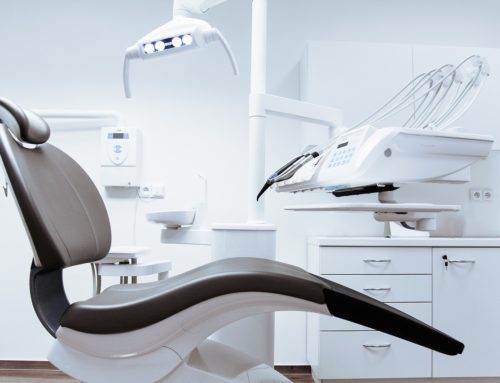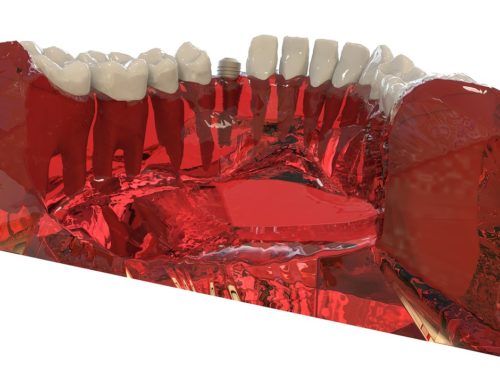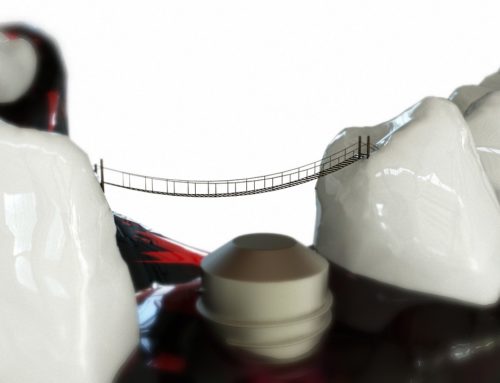With dental implants, there is no one size fits all. Depending on the issues that dental implants are intended to address, and depending on patients’ mouths—especially whether they are suffering from bone loss or enjoy healthy bone and gums—there are different kinds and sizes of dental implants.
Your Philadelphia dental implants expert will be happy to talk you through these different options. But here is a quick introduction to some of them.
Endosteal and Subperiosteal Dental Implants
Endosteal implants may be the most common form of dental implant, but require healthy bone structure in the mouth. With an Endosteal implant, a titanium rod is implanted in the jawbone to deliver support for the implant. The implant is then affixed on top of the rod, which the jawbone grows around as it heals. If you lack sufficient jawbone strength, a bone grafting procedure may be a possibility.
Subperiosteal implants can be a good option for patients suffering bone loss and deterioration in their mouths, and who may not want to undergo a bone grafting procedure (or are not sufficiently healthy to undergo multiple surgeries). This implant relies on a metal frame, which is inserted under the gums but on top of the jawbone. The metal frame fuses to the jawbone as gums heal. Attached to the frame are posts, and the implants are placed atop of them.
Different Sizes of Dental Implants
In addition to different methods for inserting dental implants, there are also different sizes of dental implants. These different sizes are also designed to address different kinds of mouth, while also requiring different levels of surgical treatment.
Regular dental implants, which are most widely used, are between 3-6.0mm in width. They tend to provide the strongest anchor, but their large size also means that they usually require a full surgical procedure.
Mini dental implants and small diameter implants are smaller varieties of dental implants, whose width is far smaller than regular dental implants. Mini implants, which can start as narrow as 1.8mm in diameter, require less bone mass for safe placement. So, they may be a good option for patients suffering bone loss, or who may be suffering other health issues, since they tend to require less invasive surgery. Smaller diameter implants are similar to mini dental implants, but are wider in diameter, between 2-3.0mm.
Take the Next Step
Want to learn if a dental implants is right for you? Schedule a consultation at Dr. Farole’s Facial Cosmetic Surgery Center in Bala Cynwyd, PA by giving us a call at (610) 668-3300 today.
Source
The Dental Implant Place
My Awesome Dentists






